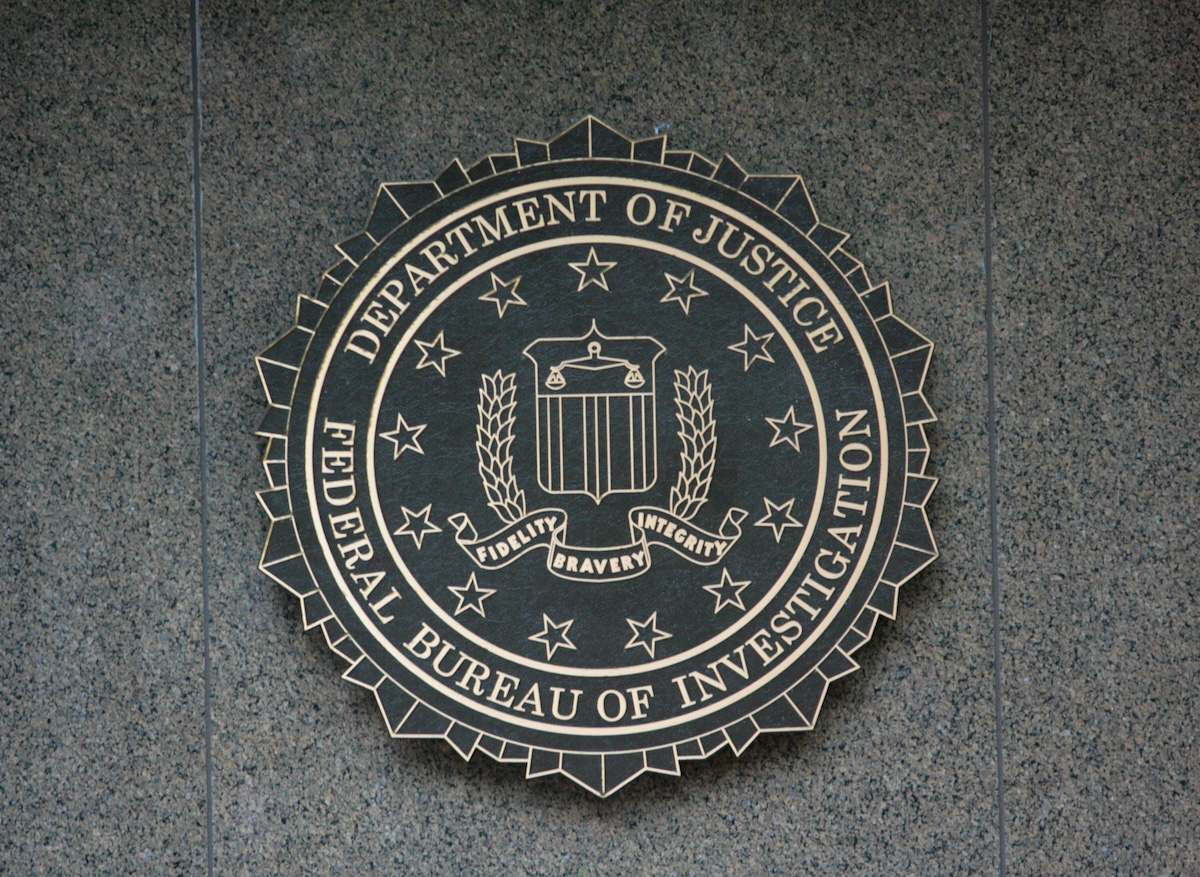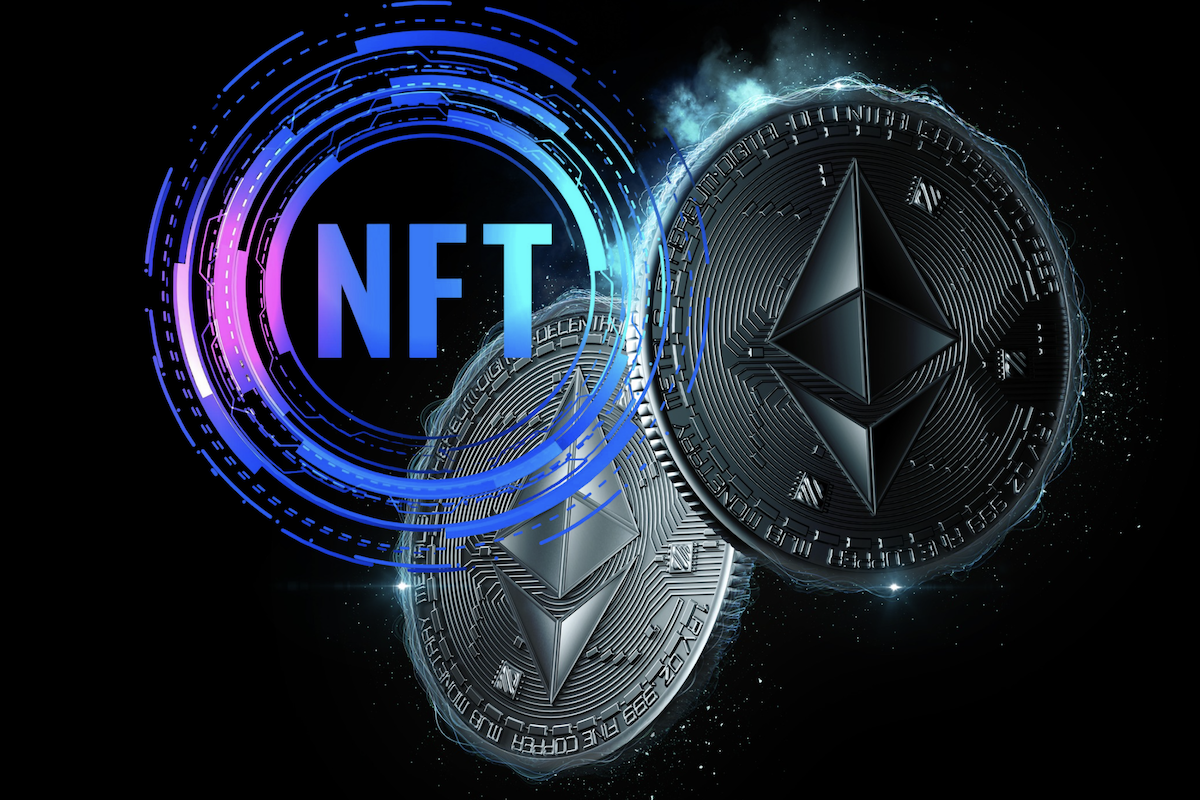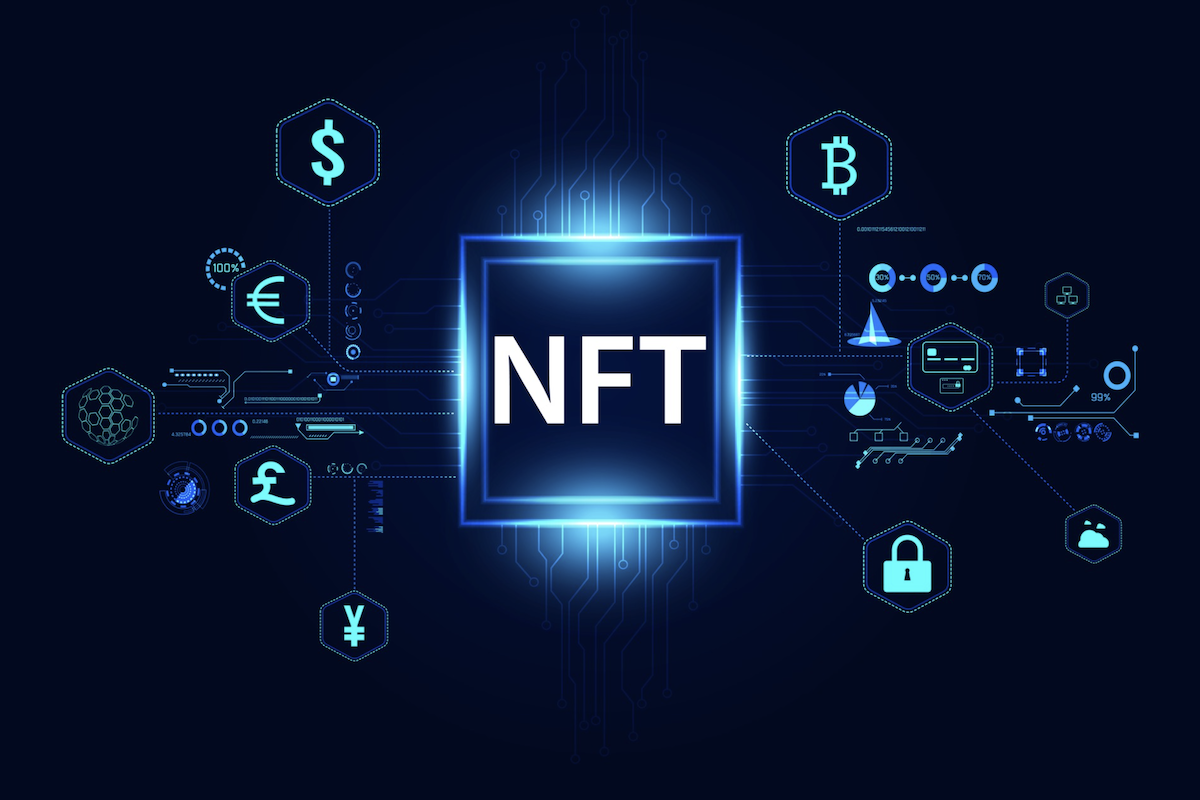NFTs as Virtual Assets: South Korea's New FSC Guidelines
Understand the classification of NFTs as virtual assets in South Korea. Learn about the guidelines and regulations for these unique digital assets.

The FSC of South Korea has released updated guidelines to classify non-fungible tokens (NFTs) as virtual assets. These guidelines precede the implementation of the 'Virtual Asset User Protection Act' on July 19, which aims to establish a more precise regulatory structure for digital assets.
Overview of the New Guidelines
The new guidelines address the treatment of NFTs, which will be subject to regulation comparable to cryptocurrencies in situations where they no longer possess distinguishing characteristics from other virtual assets.
The FSC considers NFTs as virtual assets when large quantities or series of identical or similar NFTs are issued, losing their uniqueness and being traded for profit. This classification also applies when an NFT can be split into fractional units, used to pay for goods or services, or exchanged for other virtual assets or used as payment among unspecified individuals.
Mass-produced or divisible NFTs lose their individuality and will, therefore, be classified as virtual assets.
The FSC clarified that they will consider NFTs used for financial gain, not just collection, as virtual assets.
https://twitter.com/FSC_Korea/status/1800050546545729619NFTs are not likely to be considered virtual assets when their purpose and utility are not for economic value, such as verifying identity or certifying asset balances and transaction records. They are also excluded when their economic function is limited to specific uses, like exhibition or concert tickets issued in limited quantities for attending specific events.
Additionally, NFTs are not considered virtual assets if they are unlikely to be viewed as transferable digital identifiers, such as when they cannot be traded in a secondary market.
The recent guidelines state that businesses handling NFTs as virtual assets are required to inform the authorities of their actions. This categorization entails adhering to the 'Specific Financial Information Act,' which regulates virtual asset buying, trading, transferring, storing, and brokering. Not reporting these activities may lead to legal consequences.
According to Jeon Yo-seop, leader of the Financial Innovation Planning Division at the FSC, the goal of these measures is to prevent NFTs from being used to bypass regulations on virtual assets. Moreover, the FSC will carefully review each NFT situation to ensure regulatory efficiency.
Legal and Financial Context
In light of the legal and financial landscape, implementing these guidelines is a step towards regulating the crypto market by the South Korean government. The upcoming enactment of the 'Virtual Asset User Protection Act' on July 19 encompasses various measures. These include mandating crypto service providers to store a substantial portion of users' deposits in cold wallets and participate in insurance schemes for user protection in case of security breaches.
Furthermore, the FSC's recently implemented guidelines propose that they may consider NFTs as financial securities if they meet specific qualifications outlined in South Korea's Capital Markets Act. This aligns with the government's efforts to establish a comprehensive legal structure for issuing and exchanging crypto assets, ultimately safeguarding investors.





